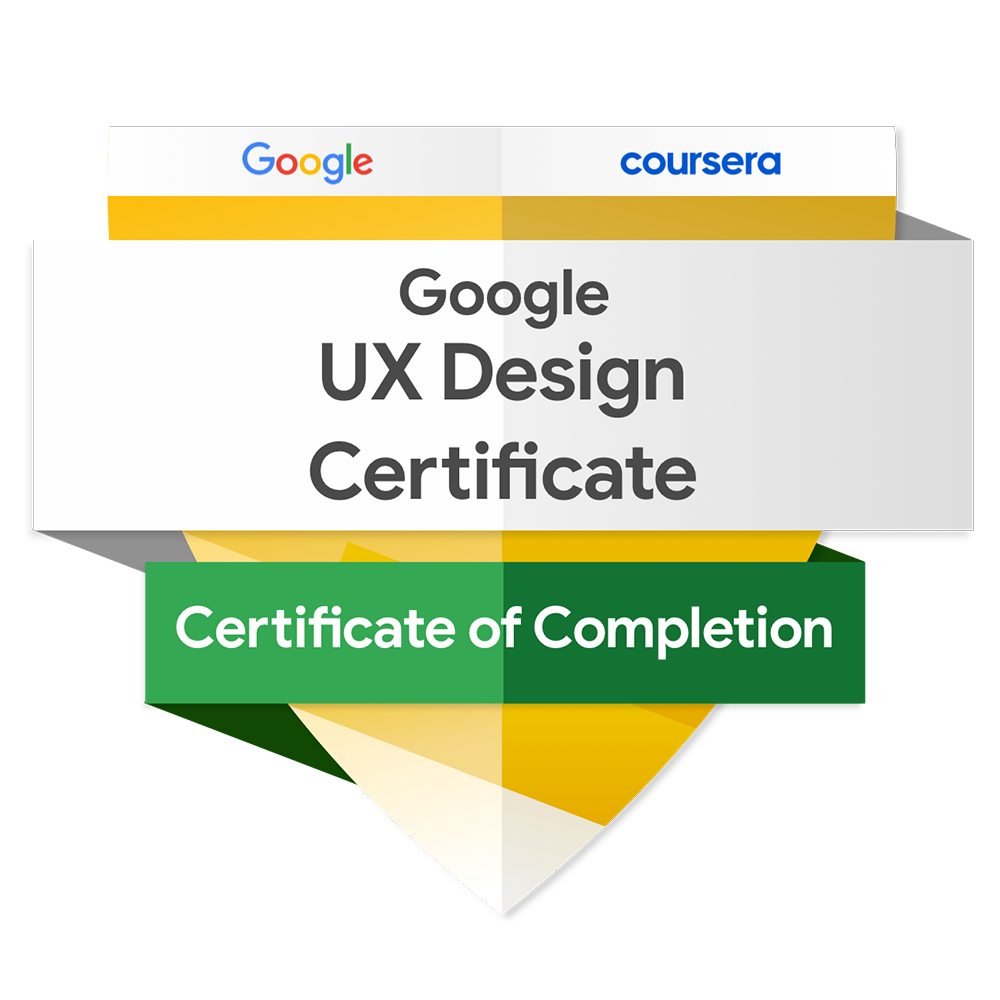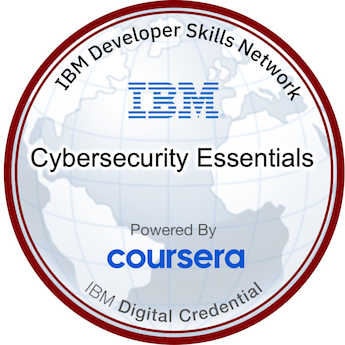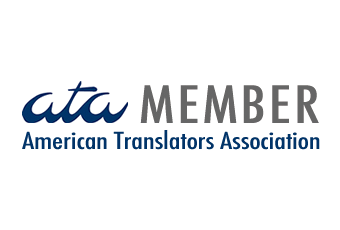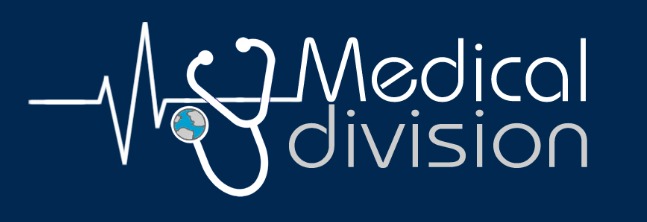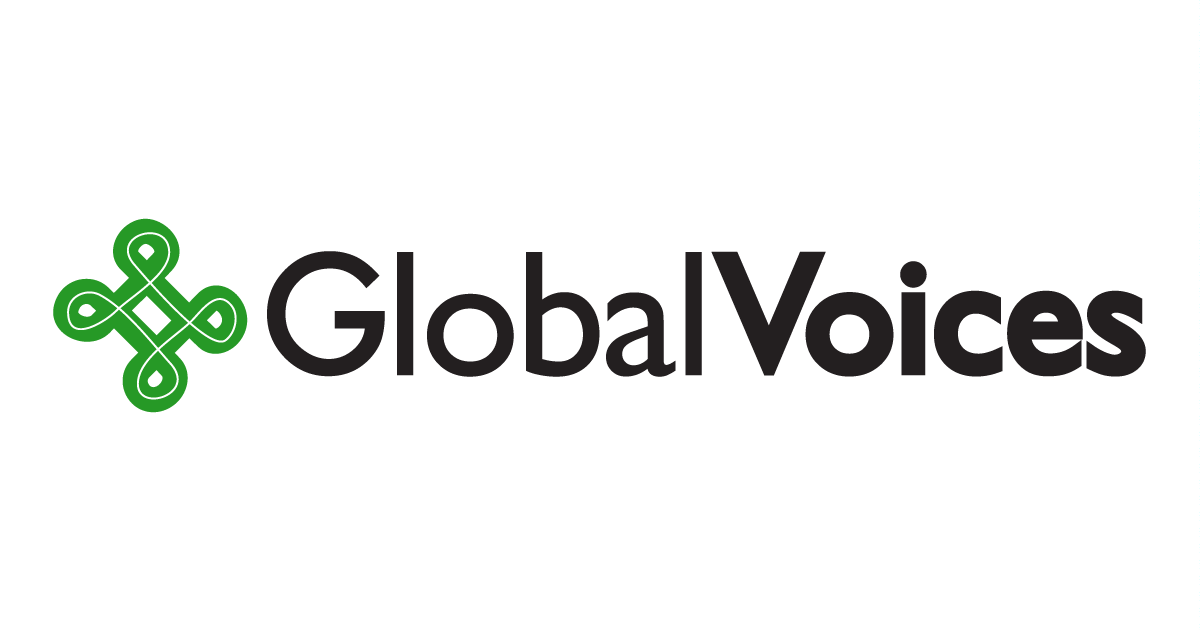
A laboratory information management system (LIMS) is the central hub for sample tracking, data management, and regulatory compliance in clinical, pharmaceutical, and research labs. When a LIMS is deployed in French‑speaking countries , an English‑only user interface quickly becomes a barrier for many users, especially in highly regulated environments where clarity and precision are essential. LIMS UI localization services for French‑speaking markets bridge this gap by adapting the interface to French language , culture, and regulatory context , so that scientists and technicians can work confidently in their own language without compromising data integrity or compliance.

Reaching French-speaking patients with accurate, clear, and engaging medical content which drives action can be a challenge. For pharmaceutical companies, healthcare organizations, MedTech manufacturers, and medcomms agencies, working with a French medical writer for patient education materials can make a real difference. It ensures your content is not only scientifically accurate but also culturally adapted and understandable for patients.

Expanding into the French healthcare market requires precision, compliance, and culturally adapted communication . A French medical writer will help you ensure that all content (whether patient-facing or clinician-facing documents) meets the highest standards of clarity and local regulatory compliance . From pharmaceuticals to medical devices, navigating the requirements of the ANSM (Agence Nationale de Sécurité du Médicament et des Produits de Santé) is a must for successful market entry . Partnering with a skilled French medical editor will also ensure your documents resonate with healthcare professionals (HCPs) and patients while adhering to local guidelines.

France is home to a number of cities that have become key hubs in the MedTech industry. These cities support medical devices development, provide essential expertise in regulatory compliance (including CE marking and MDR regulation), and offer a strong foundation for market access. In this article, I highlight five cities in France that are leading the way in medical technology development.
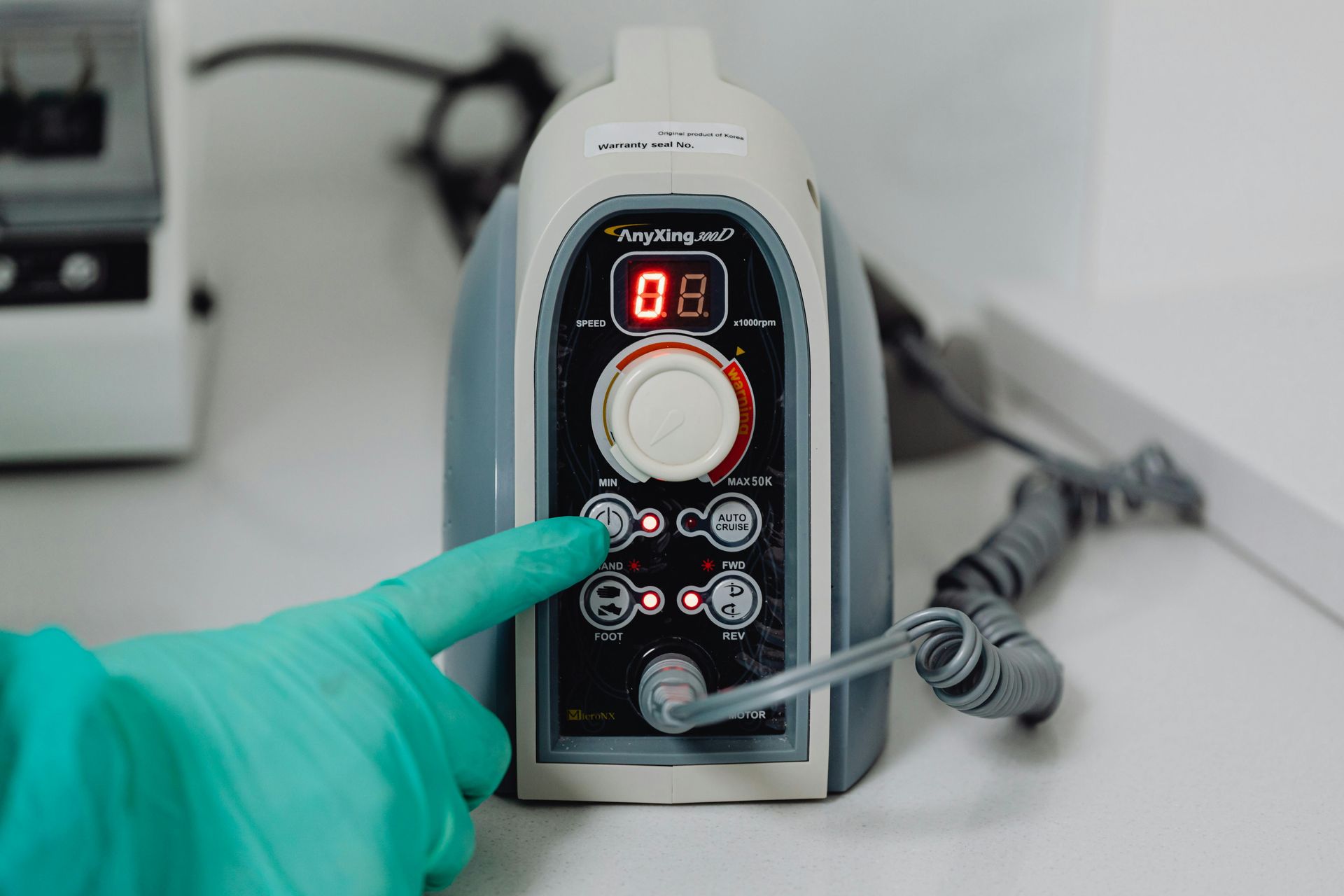
When it comes to regulatory documentation, companies often need to translate the Summary of Safety and Clinical Performance (SSCP) into different languages to ensure compliance with local regulations . The French translation of Summary of Safety and Clinical Performance (SSCP) is particularly important for companies targeting French-speaking markets. In this article, I will guide you through the process of translating an SSCP, discuss why it is essential for medical device manufacturers, and highlight key factors to consider for an accurate and compliant translation.

Medical device translations are crucial for regulatory compliance, patient safety, and market entry. If you aim to distribute your device in Europe, Asia, or Latin America for instance, translation inaccuracies can result in significant legal and financial repercussions. This article explains the importance of accuracy in medical device translations for global expansion.

Medical writing is a specialized field that bridges the gap between complex medical information and its intended audience. Whether communicating with healthcare professionals or patients, medical writers must carefully tailor their approach, ensuring clarity, accuracy, and relevance to each group. While both audiences share an interest in healthcare topics, their needs, level of understanding, and expectations differ significantly. In this article, we will explore the key differences between writing for healthcare professionals and writing for patients.



